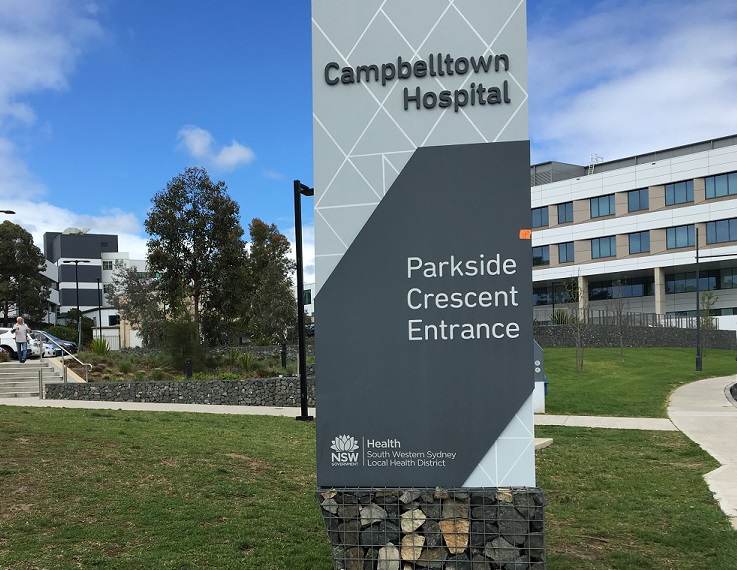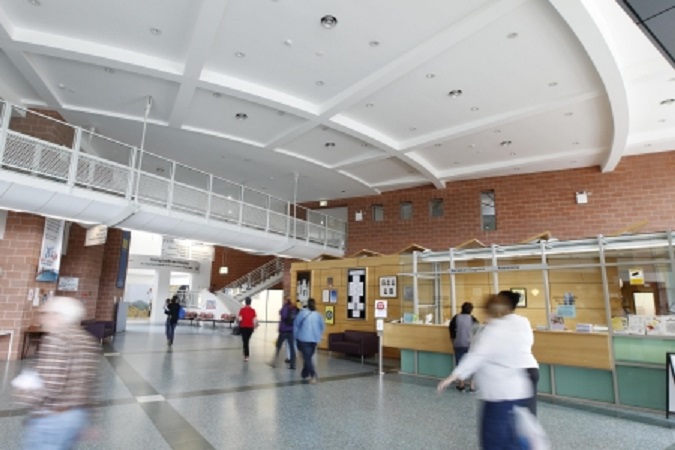
The Member for Macarthur, Dr Mike Freelander, says major structural problems in the health care system are being ignored by state and federal governments.
A comprehensive review into Medicare, released this week through the Medicare Benefits Schedule Taskforce, found that our public health care system needed to adapt in order to meet the changing needs of Australians
“Our aging population has very different needs than it did when Medicare was first formed over five decades ago,’’ says Dr Freelander, a paediatrician for more than four decades.
“People are living longer and have more chronic health conditions, and so it is imperative that our health system adapts to address the changing needs of the population.
“Instead of adapting to become more accessible, our health care system has been stagnant and increasingly unobtainable for more and more Australians each year.
“This is demonstrated through a rise in out-of-pocket expenses for patients, disparities in living standards for those in regional and rural areas, and a collapse of our public hospital outpatient clinics.
“Health care cannot be a luxury afforded to only a select, privileged few. Our public health system must adapt to preserve and ensure Medicare’s universality,’’ he said.
The Member for Macarthur also raised concerns about the state of public health care and public hospitals in NSW.
“We know that our public hospitals face chronic under resourcing, and this includes not being staffed properly,” he says.

“It is at times like the upcoming Christmas holidays when this under resourcing is most apparent.
“The NSW State Health Minister has announced that some public hospitals in rural areas will have no doctors available on site this holiday period, and will rely on telehealth.
“Many hospitals in outer metropolitan, rural and regional areas are already chronically understaffed, and will face severe understaffing this Christmas.
“The state health department, based in North Sydney, has for decades been unable to address these chronic structural staffing issues and now urgent action is needed.
“Unfortunately, this is not a new challenge.
“However, the fact that this issue remains unresolved indicates that we have major structural problems in our public health system, and governments at a state and federal level that are unwilling to work to address them.”
